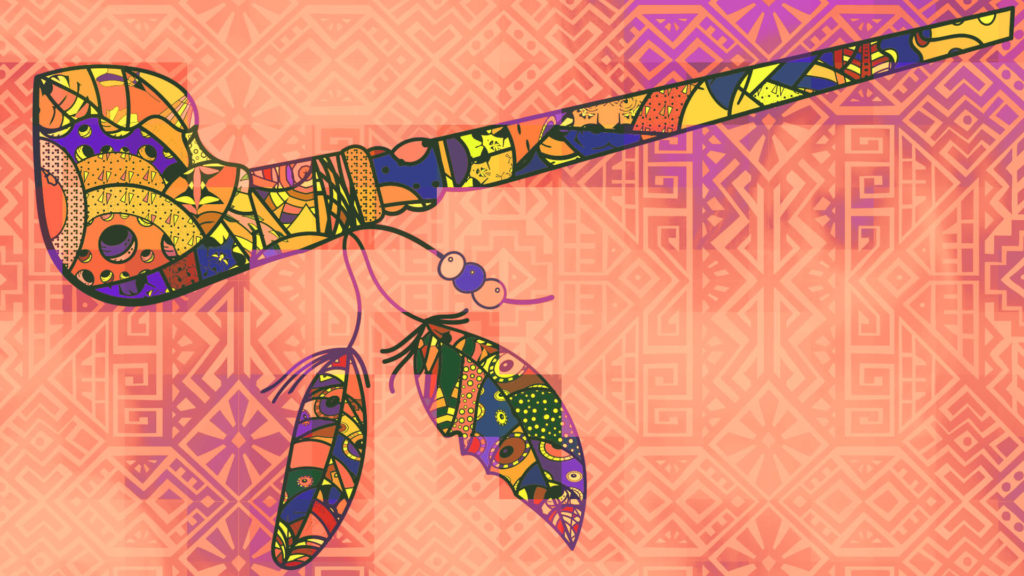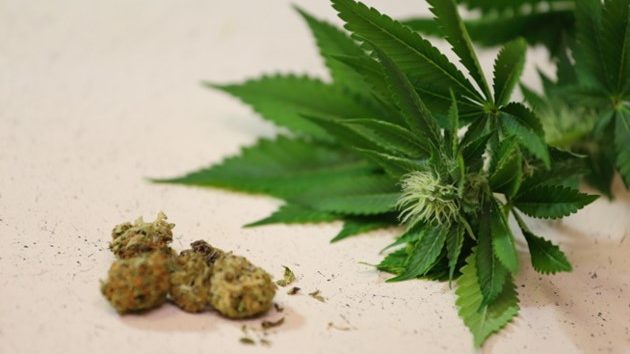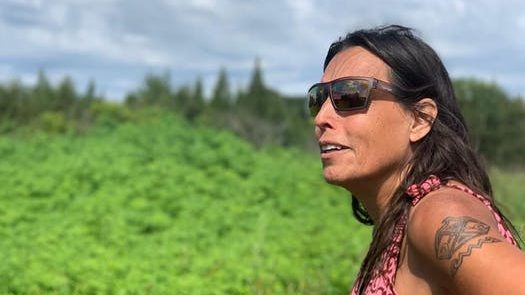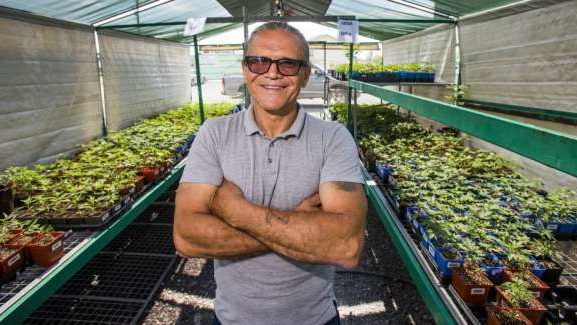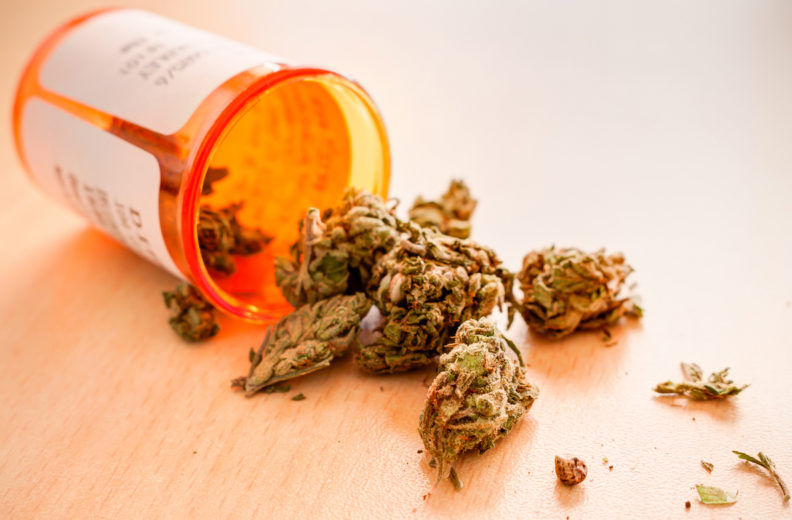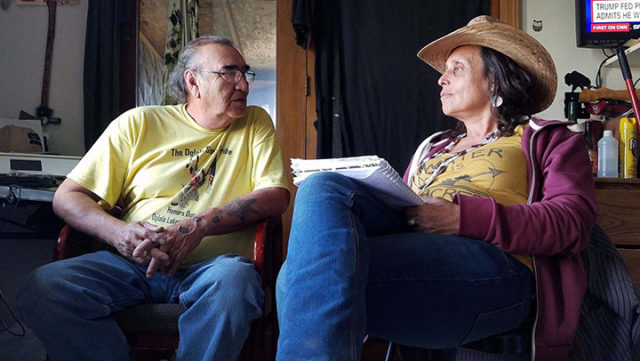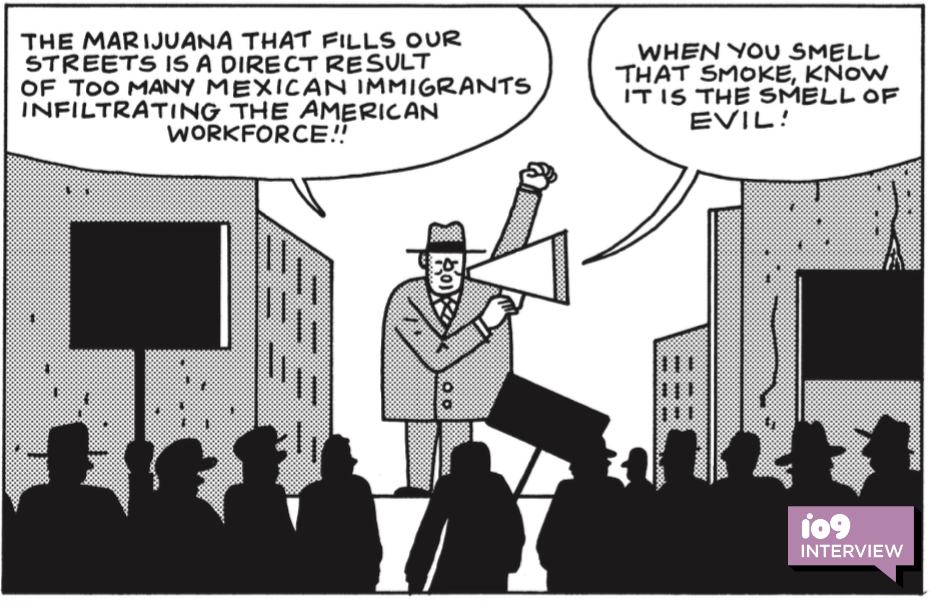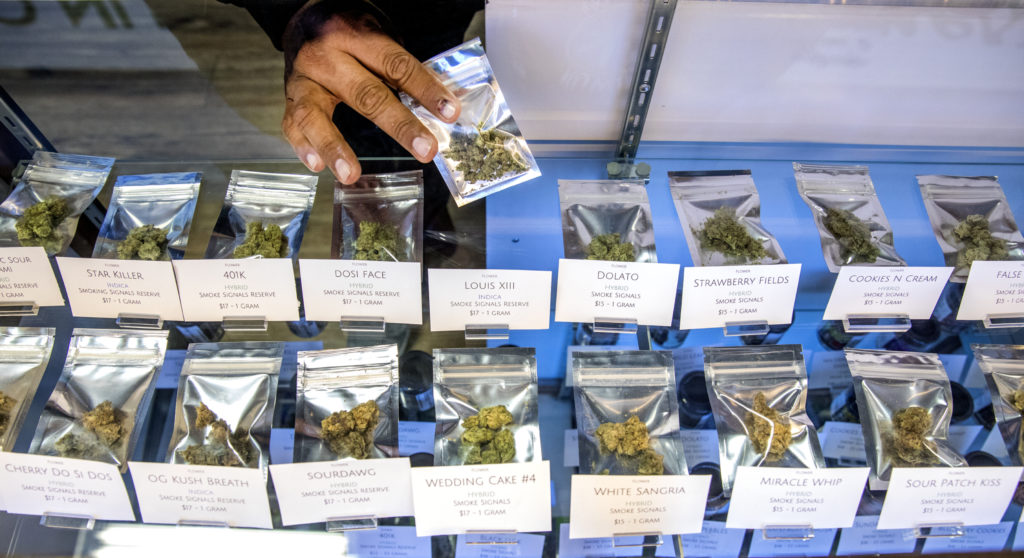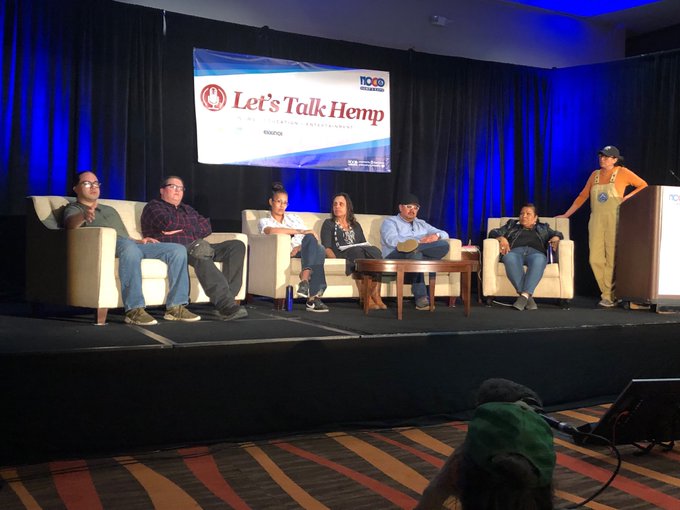Did Native Americans Smoke Weed? Native Americans smoked weed. As did Native Asians, Native Europeans, and Native Africans. But as is the case with any historical narrative, the story is more complicated than that.
Posts published in “United States”
Flandreau Santee Sioux Tribe lawyer to talk cannabis, tax disputes at Indigenous Law Conference
“I’m growing hemp on my farm,” said Winona LaDuke, who lives near the White Earth reservation in northern Minnesota. “Other tribal members are growing hemp. Our new tribal chairman supports hemp. I want to help rebuild Minnesota’s hemp rope and textile industry.
Mohawk Nation is a Major Canadian Cannabis Destination: Today, Mohawk Territory is a thriving destination; beautiful landscapes, outdoor activities, and community festivals… oh yeah, and lots of cannabis.
Washington State University researchers and the Puyallup Tribe of Indians will evaluate whether medicinal cannabis reduces opioid use and pain and improves the physical and mental health of clients at the Tribe’s Qwibil Natural Healing and Research Center.
It’s 2019, and the Oglala Lakota are revisiting a plan to grow hemp on the reservation. Hemp has been a long standing interest of the Nation. That’s because it’s an incredibly versatile plant. It was also acknowledged in their 1868 Fort Laramie Treaty. While the 1998 Tribal Council industrial hemp ordinance remains intact, there’s been a lot of litigation over the past twenty years.
Drawn with Brown’s signature puckish minimalism—previously seen in his books on Tetris and Andre the Giant—Cannabis time-travels across continents to track how European colonizers and indigenous peoples clashed over weed’s role in society.
After opening a 15,800-square-foot NuWu Cannabis Marketplace in October 2017 — then the largest dispensary in Nevada — on tribal land near downtown Las Vegas, the Paiutes on Jan. 18 celebrated the grand opening of a second, smaller dispensary - Nuwu North
Bay Mills Indian Community (BMIC) has officially legalized recreational cannabis in its community, making it the first of 12 federally recognized tribes in the state of Michigan to do so.
One of the most forward-thinking groups at NoCo 6 were the members of the indigenous farmers panel. Environmentalist and Native American hemp advocate Winona LaDuke led the panel in calling for investing in an “indigenous hemp economy.”

